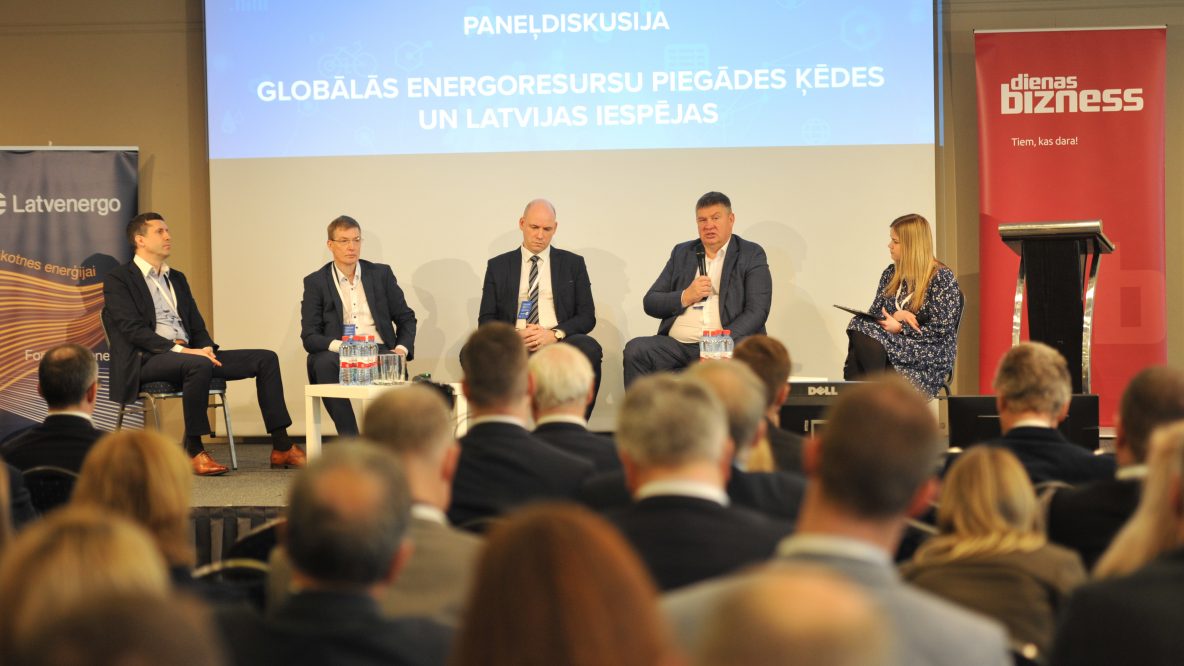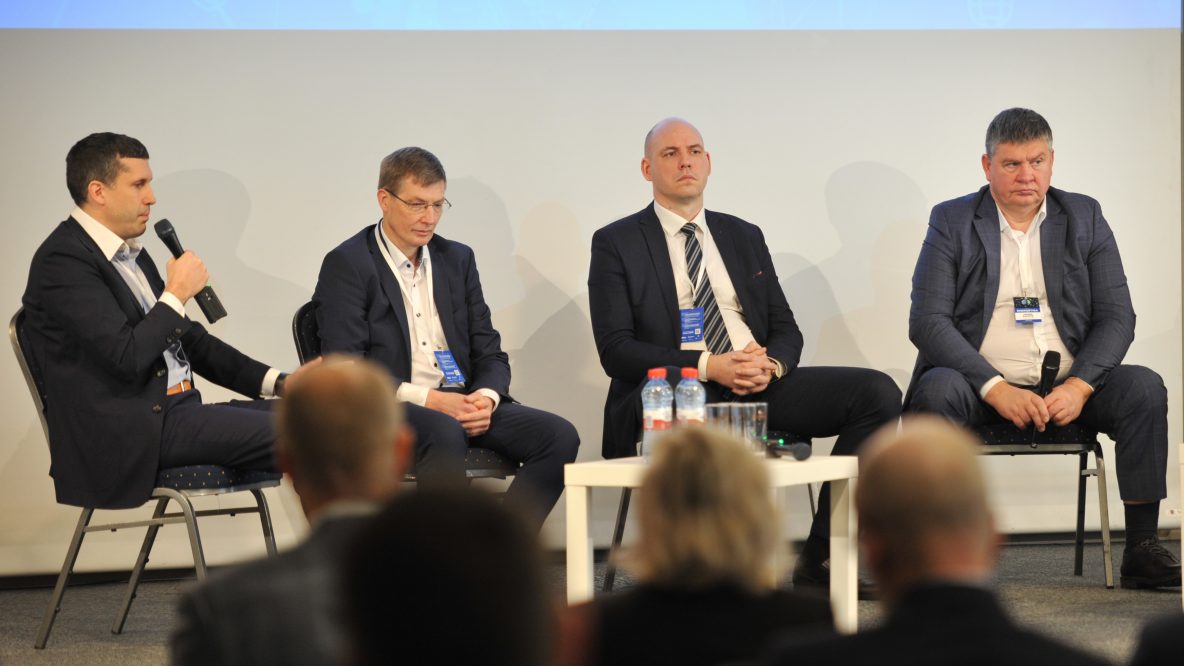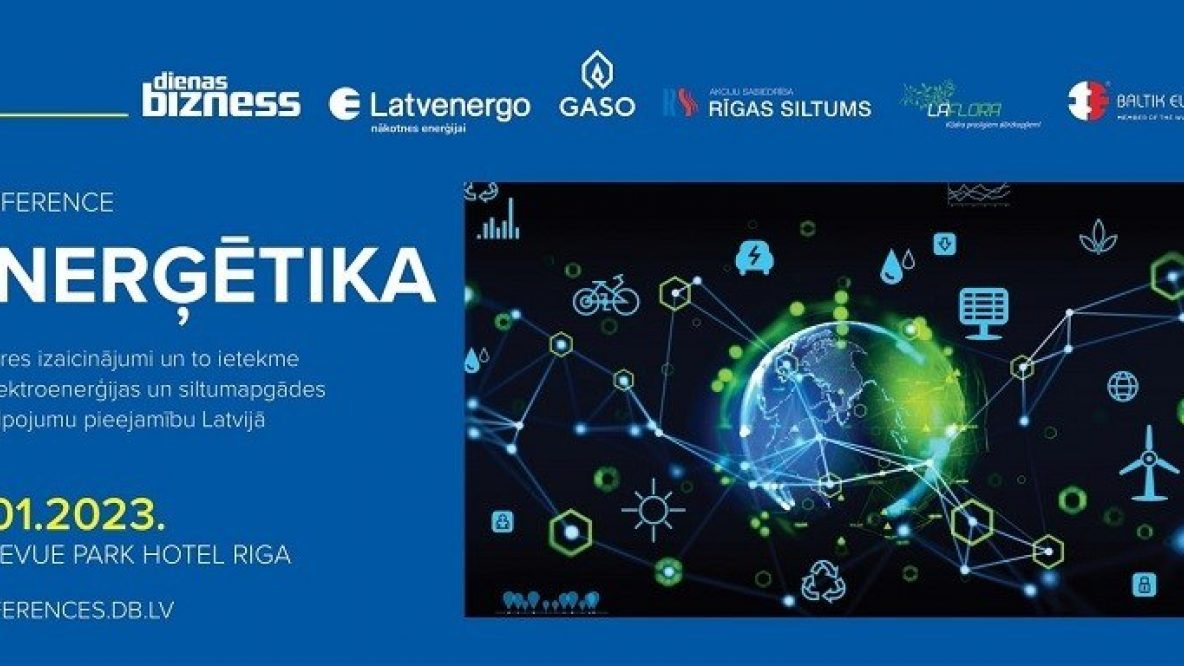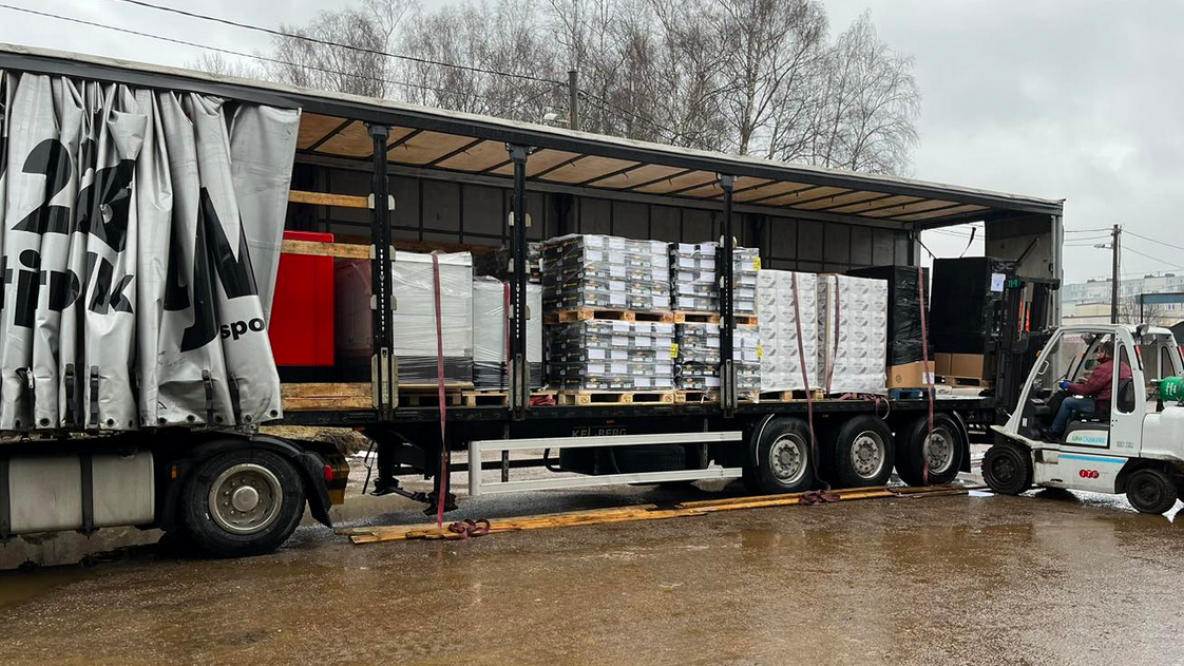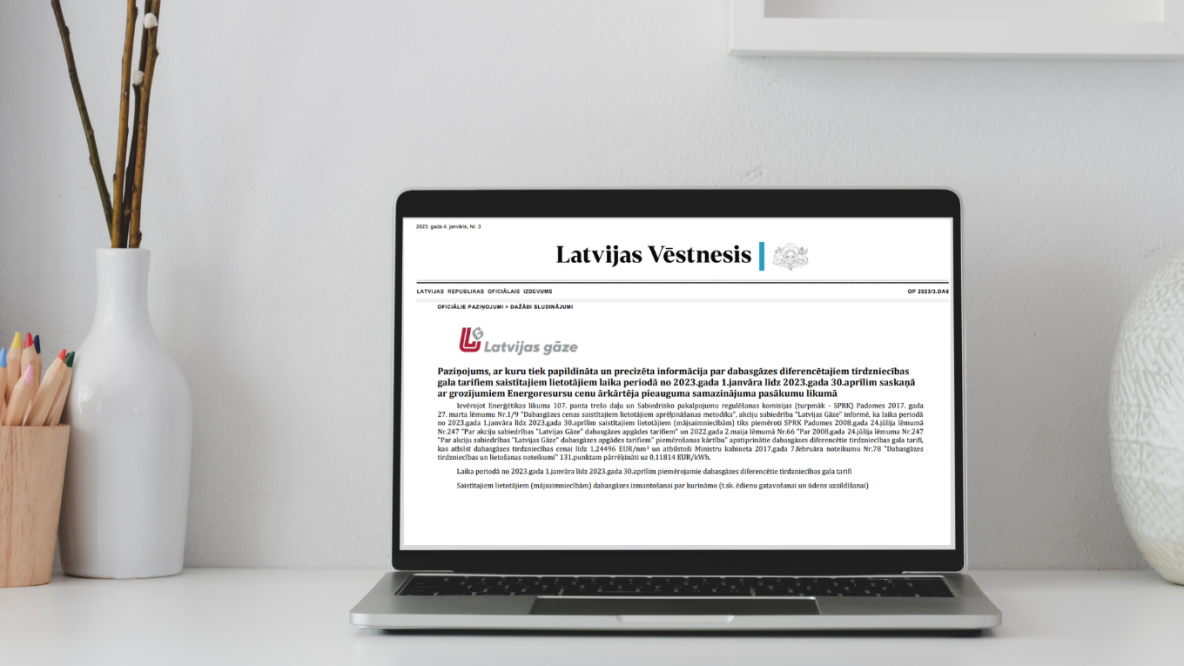In a discussion about the availability of energy resources and supply chains in Latvia and the region, Aigars Kalvītis, Chairman of the Board of Latvijas Gāze, mentioned two important aspects – the availability of infrastructure and price, stating that currently, after the ban on the purchase of natural gas from Russia, which entered into force on 1 January 2023, the situation in the natural gas supply market is uncertain. This is due to the fact that the global LNG resource is not sufficient to fully replace pipeline gas and, although prices have now stabilised at TTF-1, TTF-2 and are no longer TTF-40, it is unclear whether they will return with a + sign. The fact that price fluctuations have now decreased and are on a downward trend makes the price system even more important. Aigars Kalvītis points out that “it may happen, but I would not have high hopes that the gas price could reach the previous price level of EUR 50 per megawatt hour”.
Aigars Kalvītis points to supply issues as the biggest challenge for Latvijas Gāze in 2022. “We tried several ways to purchase natural gas. In addition to the Klaipeda liquefied natural gas (LNG) terminal and the Finnish Inkoo port terminal, there is a supply route from Germany through the Polish GIPL gas pipeline, where we purchased natural gas on a test basis at a price that could cover the costs of transporting natural gas from Europe to the Baltics”. This route for natural gas supplies is possible, but the challenge is the capacity. Likewise, A. Kalvītis points out that “there are concerns about possible gas shortages in Europe, which may promote other gas suppliers to purchase natural gas in Europe and store it in the Baltics, meaning that Inčukalns natural gas storage can be used for the needs of other countries”.
Looking back on the previous year, Aigars Kalvītis points to the purchase of natural gas at a relatively low price and its pumping into Inčukalns natural gas storage as a strategically important decision for Latvijas Gāze, which allowed the summer of 2022 to be entered with sufficient natural gas reserves to wait for autumn without unnecessary concerns. However, following the announcement of the ban on settlements with Russia in April 2022, the lack of capacity at Klaipeda LNG terminal and the physical unavailability of natural gas due to the ban on pumping from Russia, contributed to a rapid increase in prices, reaching historically high levels, forcing all gas traders to rebalance their market opportunities. There was also a lot of hard work with customers, giving advice on what to do, how to do it better, whether to purchase gas for the whole winter at an extremely high price or to conclude short-term agreements, not knowing whether gas would be available the next month.
The big challenges of the past year have taught us a lot, as A. Kalvītis notes, “In 2023, we need to think about purchasing gas early, already in spring, without waiting for autumn, because it can bring all kinds of unexpected changes”. Aigars Kalvītis also says that “we cannot influence geopolitical events beyond Latvia’s borders, and it is these events that will affect the energy market situation and the availability of resources, but we can all do our best to ease the situation”.
